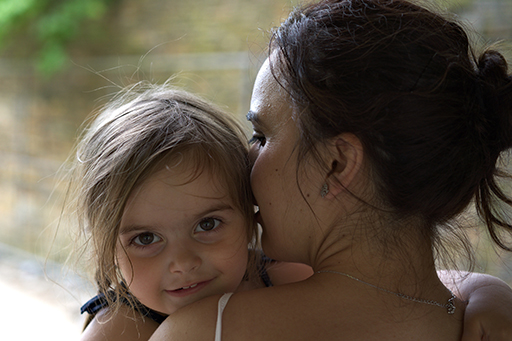October is domestic violence awareness month. Domestic violence happens in every community and affects all people regardless of race, age, gender, religion, or socio-economic status. The continued watering down of the Violence Against Women Act (VAWA) and the methodical eroding of federal avenues Congress has provided to move state court cases to the federal court, is a troubling trend. As federal safeguards diminish, and access to justice becomes increasingly difficult for the most vulnerable in our society, our communities are feeling the impact by an escalating homeless population of women, children and at-risk youth. The reality, is few safeguards exist to prevent these abuses.
One in four women will suffer some form of domestic abuse in their lifetime according to the National Coalition Against Domestic Violence (NCADV). While it is easy to recognize the physical scars of domestic abuse, emotional and financial abuse are rarely acknowledged. Instead, the parent who has been abused often loses their livelihood, housing and the children they sought to protect. Estimates are that 1 in 5 victims are unable to receive legal counsel even though basic needs and safety are at risk. Once a victim leaves, financial and emotional abuse are commonplace. This is often escalated by the adversarial nature of court proceedings, the access to justice issues inherent in our justice system and the significant amount of discretion allowed in deciding cases impacting basic needs and children’s lives.
Recent national policies, including the recent changes to DACA, have also increased tragic outcomes in domestic abuse cases. An increasing number of women remain in the shadows due to fear of deportation and loss of their children. Failure to recognize the greater implications to our communities will serve to further isolate many women and children.
As Christians, we have a unique opportunity to be a voice for victims and to encourage change. I was reminded in October of the collaborative spirit that needs to be fostered between the church and our communities. I had become battle weary in my attempts to raise awareness of the implications access to justice obstacles have in terms of civil rights. The fostering of collaborations between the church and our communities is needed in order to nurture the resilience necessary in a work that matters — to ensure justice for all. Resilience is God speaking into our hearts to not stop. It is about bouncing back. By providing spiritual support and scriptural interpretation we foster a “complete” healing including that of the spirit.
God has humbled me in this journey. I have a unique perspective of experiencing places where inexplicable injustices exist. I also know that resilience is necessary to continue to speak alongside those who are suffering. As I look back at the long road I have traversed in an effort to bring awareness to an alarming issue, I see those experiences as a testimony to God’s great power. To continue the journey more effectively together, we need strong intercessory prayer, and as there is opportunity, to challenge the status quo, working toward change and to bring visibility to empower those impacted by its harm.

